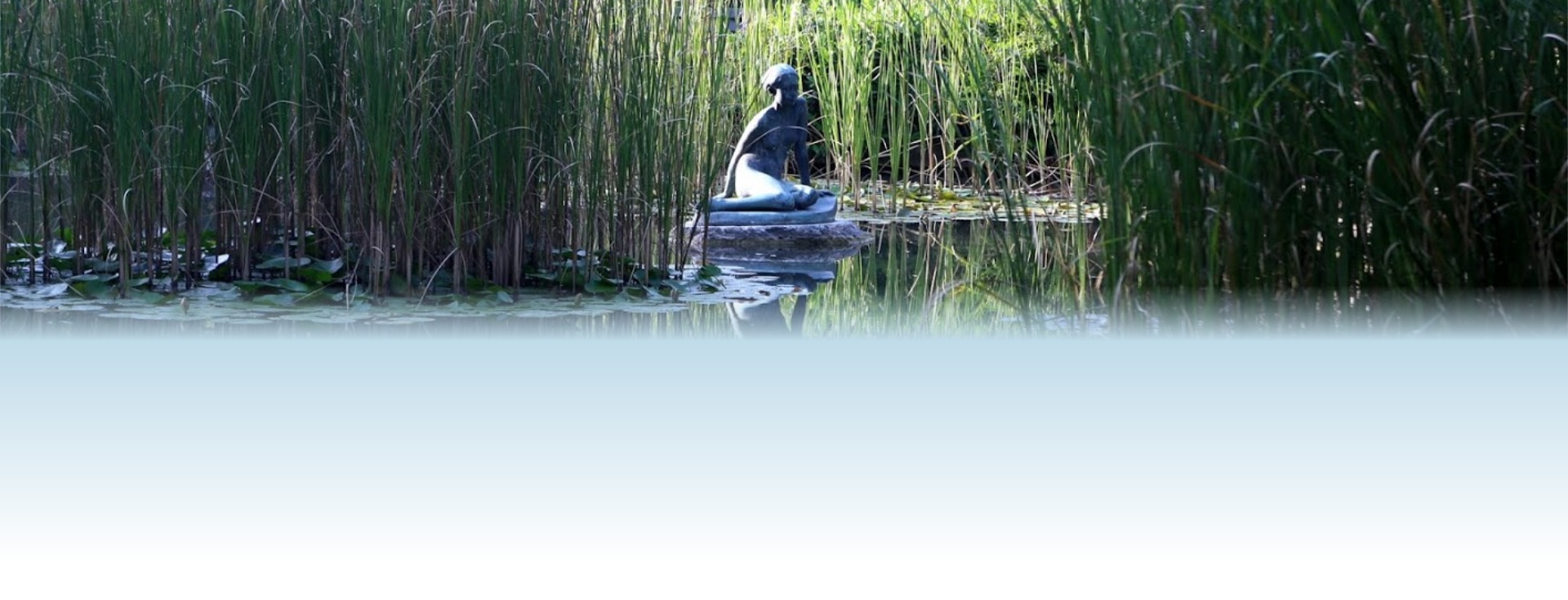Prof. Anne Harriss FRCN, Hon FFOM,
Course Director Occupational Health Nursing [NMC SCPHN(OH)] and Workplace
Health Management programmes at London South Bank University

Short introduction
Anne combines the unusual mix of being Course Director and Professor in Occupational Health at London South Bank University with both the delivery of consultancy and workingwith social enterprise initiatives including two in South Africa. She has trained a large proportion of the occupational health nurses of the Queen Alexandra Royal Army Nursing Corps and as a consequence she is a very keen supporter of the LSBU Armed Forces Covenant.
Her consultancy interest focuses on the development and delivery of bespoke inhouse education and training covering a variety of topics including health and wellbeing; health and safety; and mental health and stress awareness. She has been awarded a number of prestigious professional awards and Fellowships including:
2011 Occupational Health Nurse of the Year
2011 Innovations in Occupational Health Award
2013 Innovations in Occupational Health Award
2013 Senior Fellow Higher Education Academy
2014 National Teaching Fellow of the Higher Education Academy
2014 Board member National School of Occupational Health
2015 Principal Fellow of the Higher Education Academy
2016 Fellow of the Royal College of Nursing
2017 Hon Fellow of the Faculty of Occupational Medicine
Anne enjoys developing creative teaching methods as she is passionate about making learning both meaningful and engaging.
ABSTRACT
The added value of occupational health
Across the European Union, there is a statutory requirement for corporations and organisations to ensure the health and safety of their workforce. Unless there is a mandatory requirement for the provision of an occupational health (OH) facility, delivered by specialist professionals, organisations will decide whether or not to offer comprehensive OH services. Their decision regarding whether or not to make such provision and if they do, its breadth content and structure, will always be based on whether senior management consider that it adds value to their business.
Organisations must remain financially viable; if they do not remain cognisant of their “bottom line”, that is their profit, they will eventually go out of businesses and their workforce will become redundant. Without a perceived added value, any proposed OH provision will merely be viewed as an unnecessary cost and will be rejected.
Businesses must remain profit driven, promoting the health of their workforce, not just ensuring their health and safety, may not be on their agenda.
OH nurses are well placed to demonstrate the organisational benefits of a proactive OH service emphasising health within health and safety. This paper will explore the leadership role of OH nurses in workplace health management highlighting how OH interventions can add value to organisations’ “bottom line”.





